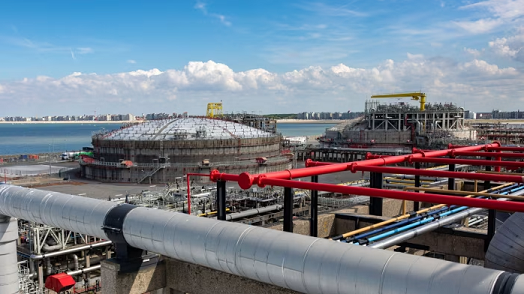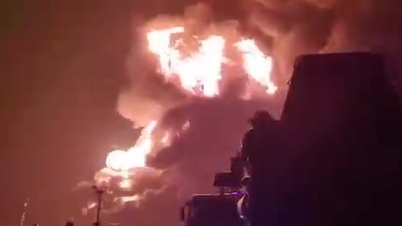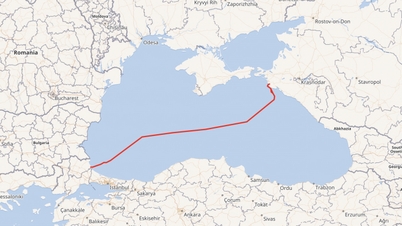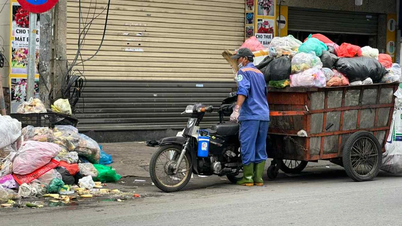 |
| The transit pipeline carrying Russian gas through Ukraine to Europe is expected to be closed soon. Image of the port of Zeebrugge, Belgium. (Source: Financial Times) |
New European Union (EU) methane emissions regulations will push up LNG prices, making it harder to restore industry and affordable energy on the continent in the near future.
Not only that, Europe's switch from Russian gas pipelines to LNG has increased global energy costs.
As the EU pressures Moscow with sanctions following the conflict in Ukraine in 2022, gas has become a focus, as Russia is the union's largest gas supplier.
Instead of gas from the land of birch trees, the 27-member bloc has increased purchases of LNG in many countries, including Russia.
The transit pipeline that carries Russian gas through Ukraine to Europe is set to close soon, as Kiev has announced it will not renew its agreement with Gazprom, which expires at the end of the year.
European leaders are confident and assert that: "The region will be fine without Russian gas".
However, Oil Price said that in May 2024, Gazprom's gas flows through Ukraine to Europe increased by 39% compared to a year earlier.
Reuters (UK) also reported that since the beginning of this year, the "giant" Gazprom has exported about 13 billion cubic meters of natural gas to Europe. This is only a small part of what Russia exports to the West, the rest has been replaced by LNG. This is a problem for Europe.
Europe’s gas crisis is “far from over,” says Bloomberg analyst Javier Blas, contradicting all official statements since the winter of 2022, when the continent claimed it had solved the energy crisis before it even happened.
Source


![[Photo] Buddha's Birthday 2025: Honoring the message of love, wisdom, and tolerance](https://vphoto.vietnam.vn/thumb/1200x675/vietnam/resource/IMAGE/2025/5/12/8cd2a70beb264374b41fc5d36add6c3d)
![[Photo] Prime Minister Pham Minh Chinh works with the Standing Committee of Thai Binh Provincial Party Committee](https://vphoto.vietnam.vn/thumb/1200x675/vietnam/resource/IMAGE/2025/5/12/f514ab990c544e05a446f77bba59c7d1)
![[Photo] Prime Minister Pham Minh Chinh starts construction of vital highway through Thai Binh and Nam Dinh](https://vphoto.vietnam.vn/thumb/1200x675/vietnam/resource/IMAGE/2025/5/12/52d98584ccea4c8dbf7c7f7484433af5)































































































Comment (0)